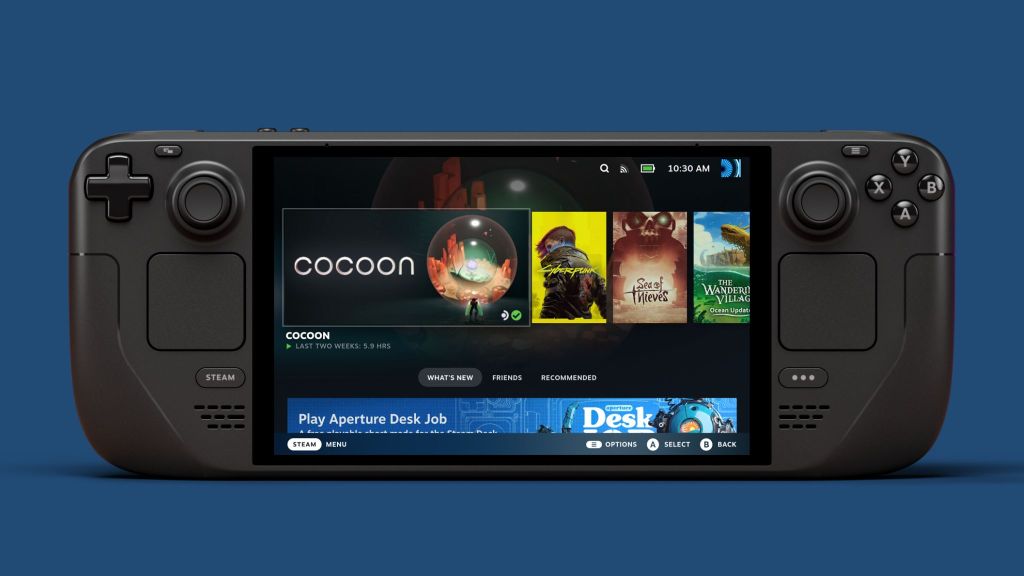In-game advertisements have existed for as long as free-to-play mobile games. While this unfortunate practice relies heavily on the mobile gaming industry, it has made its way into PC games, especially ones without a price tag attached. Some games incorporate these ads in the more malleable form of in-game rewards, but it looks like those days will be over. According to the set of guidelines within Steamworks, PC users on Steam will no longer see any paid in-game advertising used for business purposes.
Videos by ComicBook.com
The necessity to ban paid advertising in Steam games is more to provide users with a better gaming experience. Valve’s platform has been pro-consumer with its initiatives, with this specific one being a key aspect of fostering a better environment for players to play their favorite games. Much of this business model rose from mobile apps that force players to watch an ad to continue playing. According to Steamworks, the rule states that the advertising must “not be disruptive and are appropriate within the context of the game.”
There are some exceptions to this set of rules, such as product placements, cross-promotions, and paid advertising outside Steam are supported by Valve. For clarification, games such as Death Stranding, SKATE, and Alan Wake have had product placements within the gameplay, but they didn’t disrupt the gaming process, making them plausible through the current Steam Guidelines. For these to pass, Steamworks notes that “all developers must obtain the relevant permission and/or licenses for any copyrighted content contained in their games.”

RELATED: New Steam Deck Verified Games Includes One of 2025’s Biggest RPGs
Cross-promotional activities are allowed through these guidelines, which makes sense given the number of games that utilize this approach, especially in free-to-play video games. In the essence of Steam, these guidelines are aimed towards allowing bundles, sales events, and other types of in-game advertisements that would be of value to the customer. One big event that comes to mind is the Humble Bundle sales event, which brings some of the best indie games into one bundle. Under these rules, this cross-promotion is encouraged by Steam since it brings attention to what developers expect their players to find value in.
When it comes to what is not supported by this new Steam guideline, Steamworks notes that the usage of paid advertising as a business model is prohibited. However, this doesn’t get rid of the use of microtransactions, which has been a rather controversial topic among the gaming community. It also suggests that developers who do use paid advertising could consider switching to a single purchase rather than making the game free-to-play with ads. It’s a viable option, especially since consumers would rather pay to play a game as opposed to playing a game for free and have tons of ads.
For those who are worried about Infinity Nikki being banned from Steam, the game is only available on Epic Games, so those in-game advertisements aren’t going away. Games on Steam like this, however, will be prohibited. These rules aren’t made to take away money from developers or stop players from gaining in-game currency, it’s to immerse gamers into the world of the game.
What do you think about Steam banning in-game advertisements? Do you think it’s beneficial to PC players? Let us know in the comments section below!








